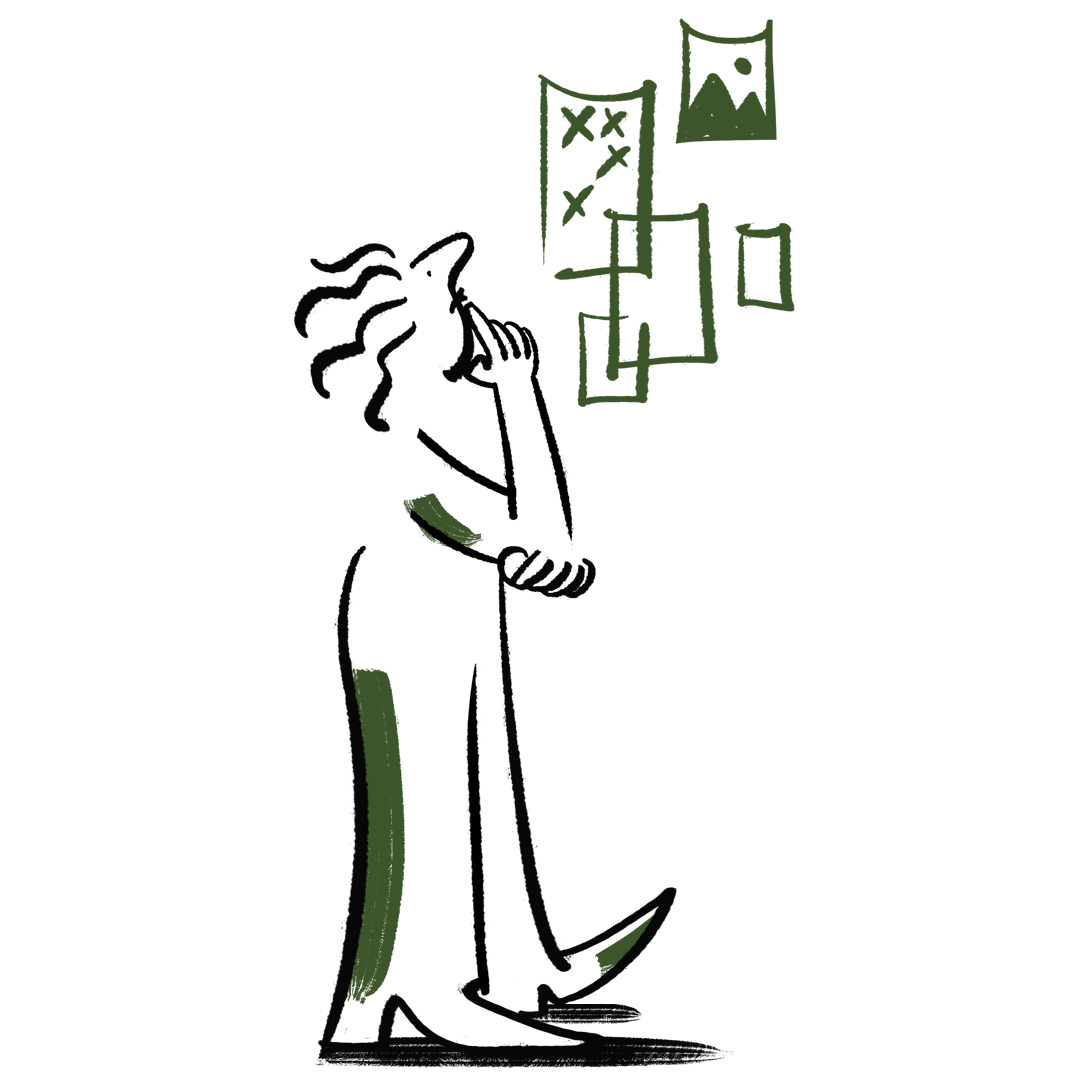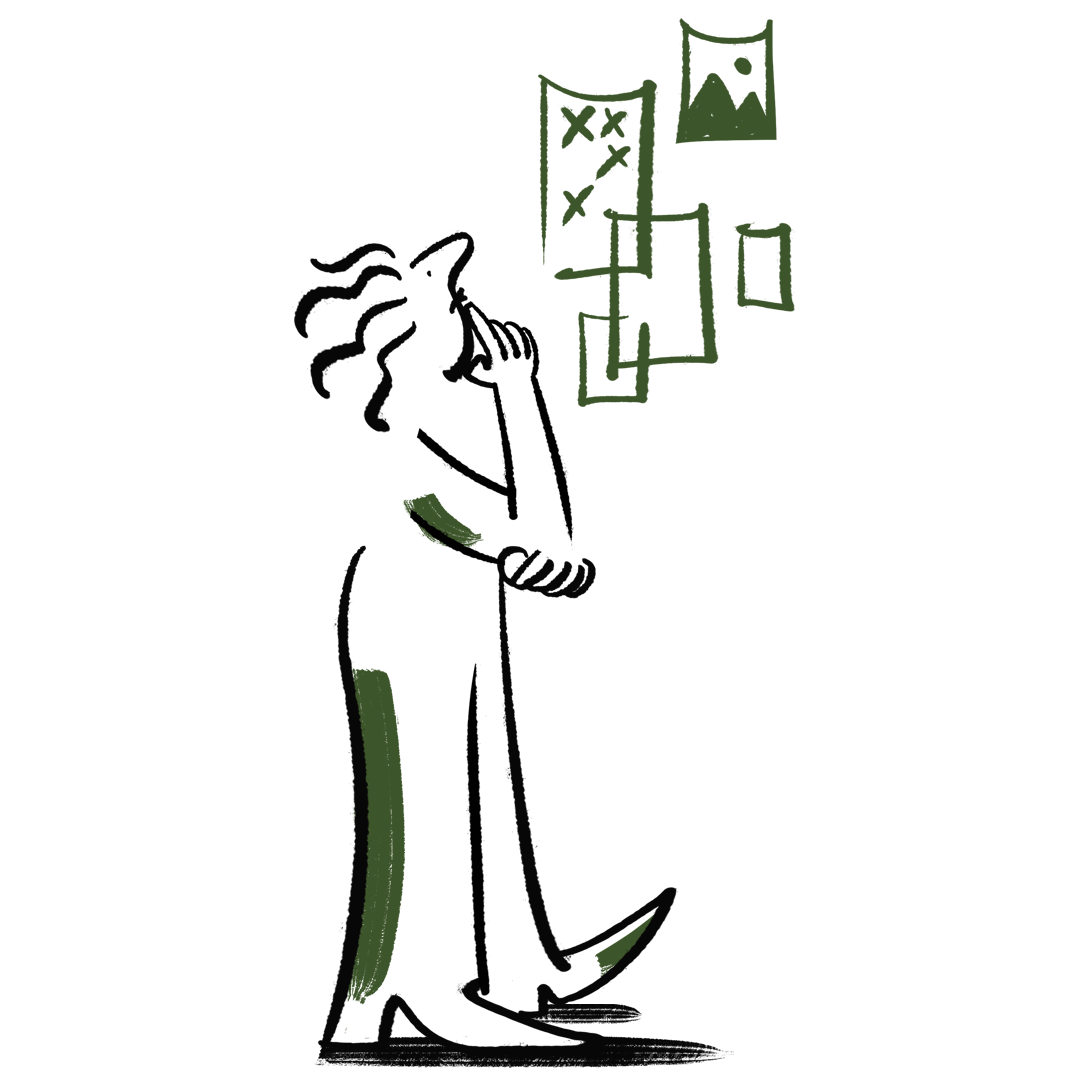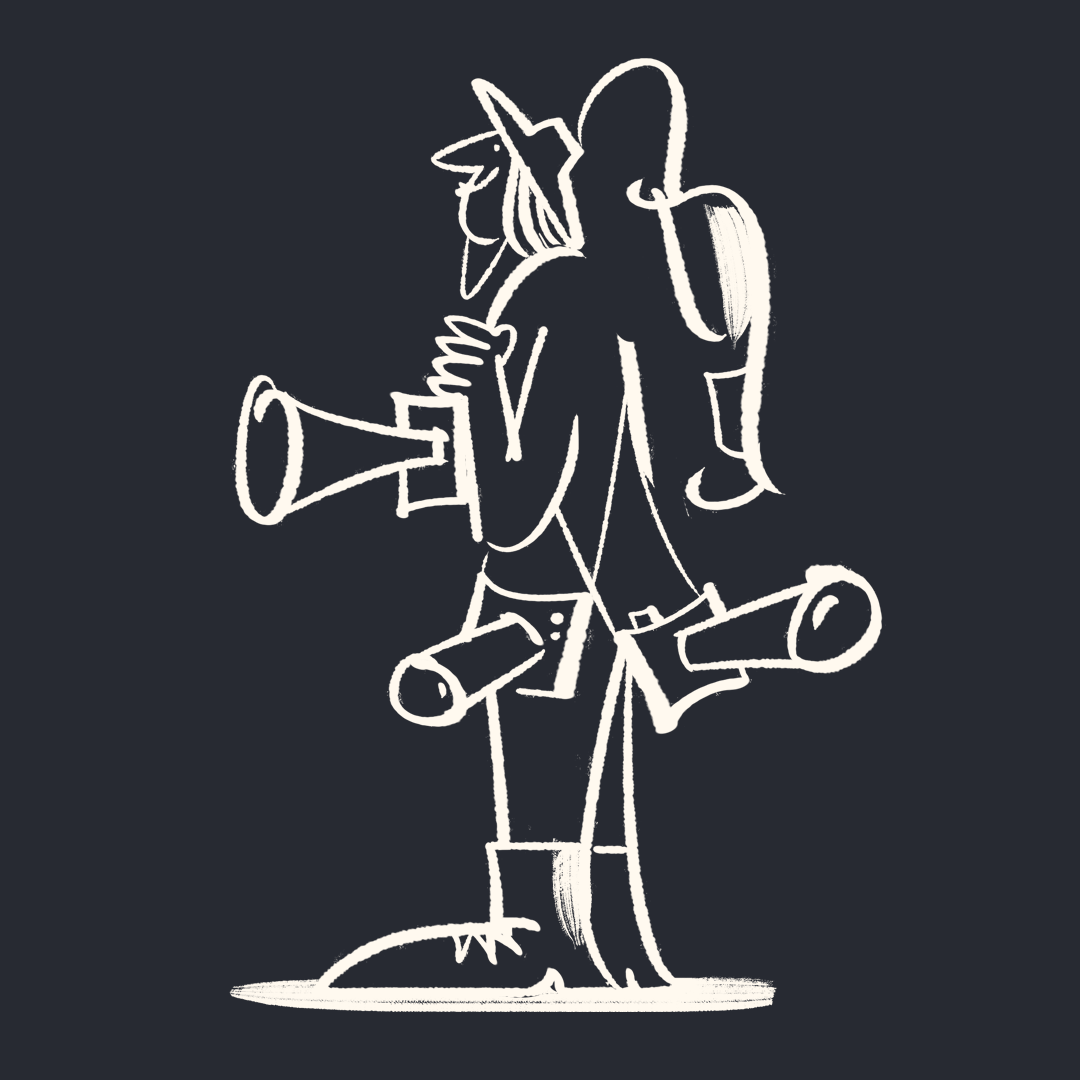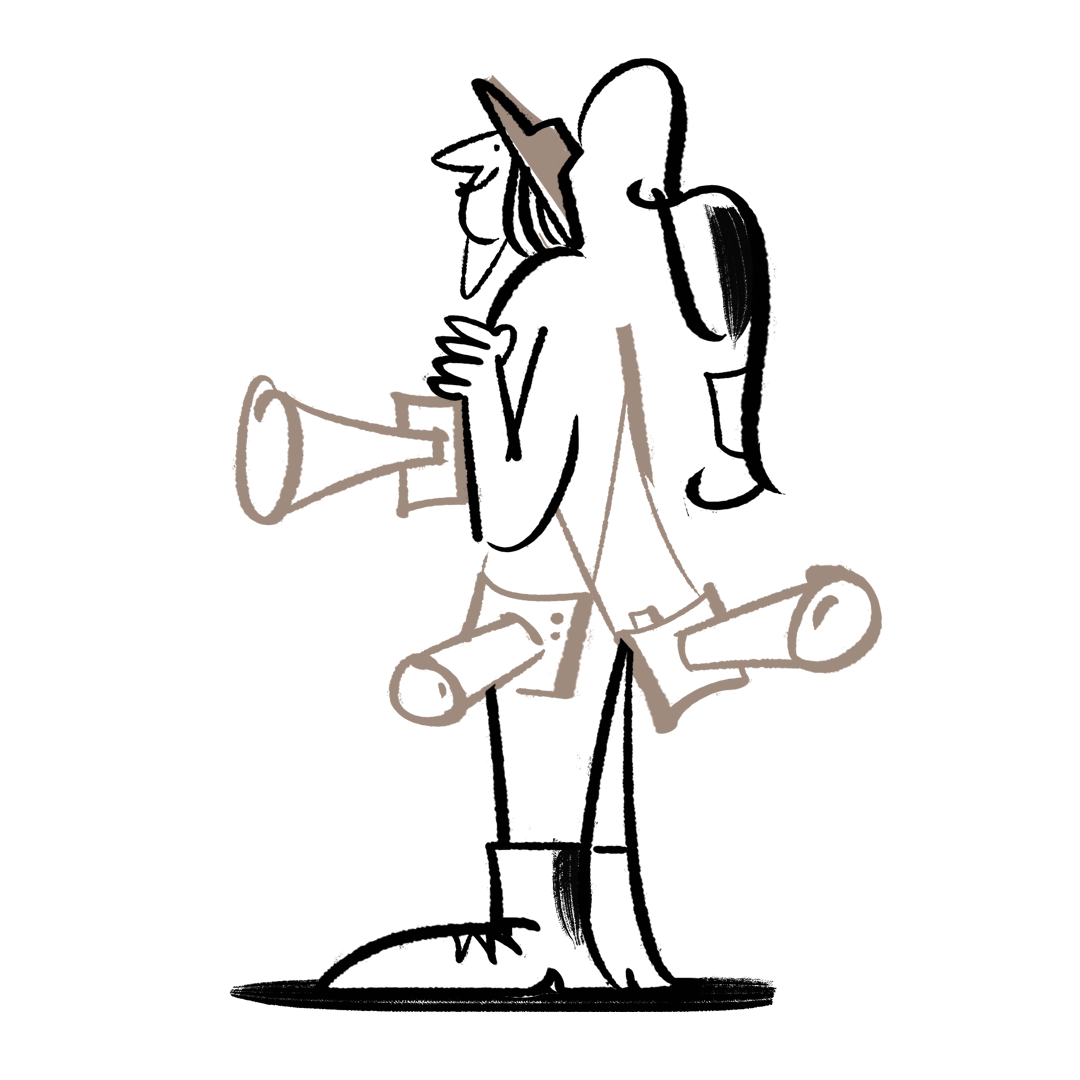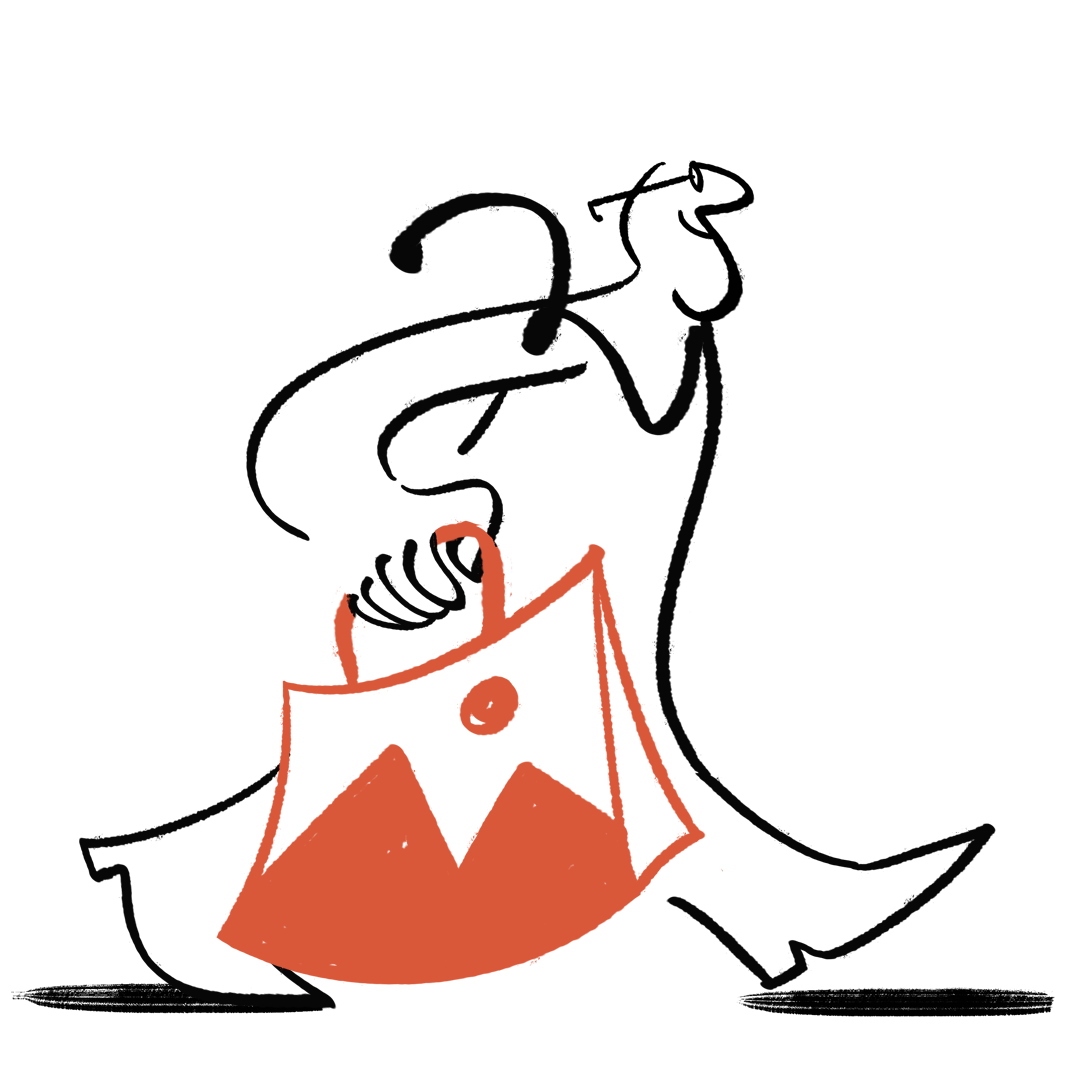Visualize a wider world
8
MIDEAST ISRAEL PALESTINIANS GAZA CONFLICT
People receive treatment at Al-Najjar Hospital following an Israeli airstrike
25.4.2024 by HAITHAM IMAD
136
AUSTRALIA ANZAC DAY
Anzac Day commemorations in Australia
24.4.2024 by DEAN LEWINS
19
USA COLUMBIA PROTEST
House Speaker Mike Johnson Visits Columbia University campus
24.4.2024 by SARAH YENESEL
37
KENYA FLOODS
Kenya braces for more heavy rainfall amid flooding across the country
24.4.2024 by Daniel Irungu
38
NORTH MACEDONIA ELECTION
North Macedonia holds 2024 presidential elections
24.4.2024 by Georgi Licovski
19
MIDEAST ISRAEL PALESTINIAN CONFLICT
Protest calling for release of Gaza hostages in Jerusalem
24.4.2024 by ABIR SULTAN
21
USA BIDEN FORIEGN AID
US President Joe Biden delivers remarks on the National Security Supplemental
24.4.2024 by SHAWN THEW
8
FRANCE WWII D DAY ANNIVERSARY
Standing with Giants project installed at British Memorial in Normandy ahead of D-Day celebrations
24.4.2024 by YOAN VALAT
Thursday 25 April
25 Apr
10H00
Gaza / Tel Aviv / Ramallah
News
Pending
Developments in the Israeli-Palestinian conflict
Our solutions
Choose your perfect plan, pack, or professional.
Picture packs
Basic licenses for digital editorial purposes
Save money with our
Pre-Paid Packages.
Video packs
Basic licenses for digital editorial purposes
Save money with our
Pre-Paid Packages.
Book a Professional
Access our global network of professionals
Ask for a quote
Billed per project
Curated collections
Check out EPA's latest curated collections



